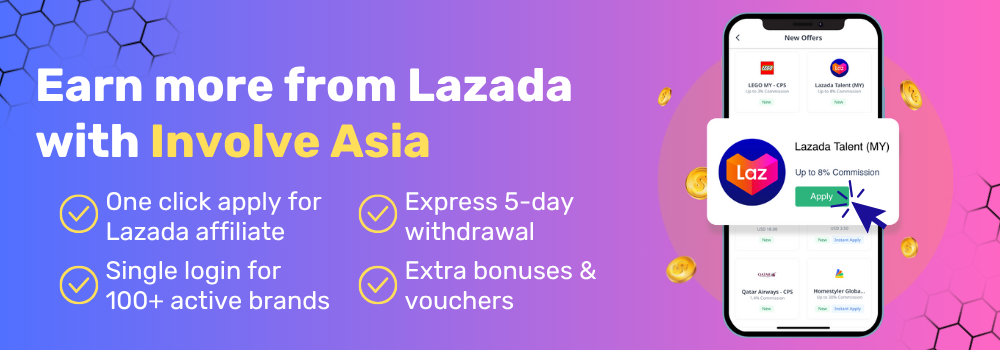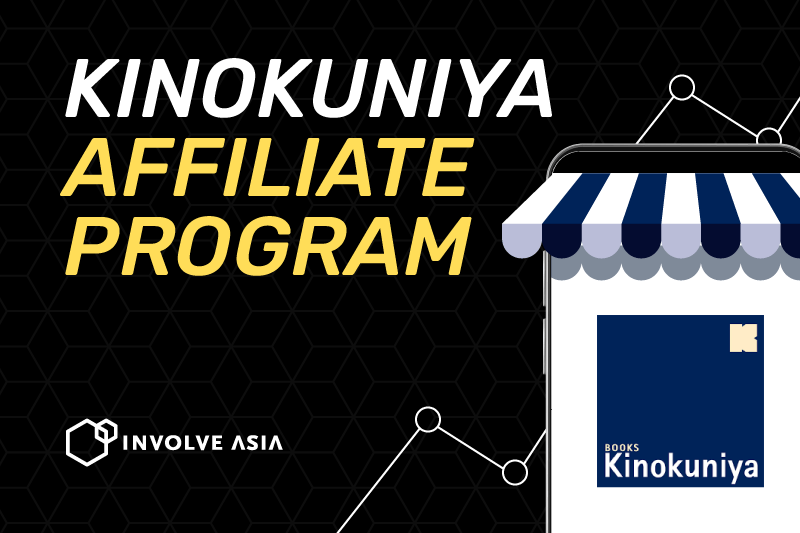Are you looking for the best side hustle to make money online? Two of the most popular ways to earn from home are affiliate marketing and virtual assistance.
While affiliate marketing involves promoting products and earning commissions, a virtual assistant (VA) provides remote services such as administrative support, social media management, email handling, and more.
Both offer flexibility, financial independence, and scalability, but which one is right for you? In this in-depth guide, we’ll compare earning potential, startup costs, skills required, and long-term growth prospects so you can choose the best online business model!
What is Affiliate Marketing?
Affiliate marketing is a performance-based digital marketing model where individuals (affiliates) promote products or services through unique tracking links. When a purchase is made via their link, they earn a commission.
This business model is great for those looking to generate passive income while leveraging content marketing, SEO, and social media.
How Affiliate Marketers Earn Money
Affiliate marketers earn income through different commission structures:
- Pay-Per-Sale (PPS) – Earn a percentage when a customer buys through your link.
- Pay-Per-Click (PPC) – Get paid based on the number of clicks your affiliate link receives.
- Pay-Per-Lead (PPL) – Earn commissions when someone completes an action, such as signing up for a trial or newsletter.
Read: 7 Types of Affiliate Offers You Can Promote to Maximize Your Earnings
Benefits of Affiliate Marketing
- Passive income potential – Earn 24/7 without trading time for money.
- Scalability – Promote multiple products across various niches.
- Low startup costs – No need for inventory, customer service, or product creation.
- Work from anywhere – Perfect for digital nomads and remote workers.
- Diverse traffic sources – Leverage SEO, social media, YouTube, and email marketing.

Challenges of Affiliate Marketing
- Competitive industry – Many affiliates promote the same products.
- Requires traffic-building – No sales happen without consistent visitors.
- Delayed payouts – Some programs have 30-90 day payment cycles.
- Algorithm changes – SEO, YouTube, and social media policies constantly evolve.
What is a Virtual Assistant?
A virtual assistant (VA) is a professional who provides remote support services to businesses and entrepreneurs. VAs handle a variety of administrative, technical, and creative tasks, allowing business owners to focus on core operations.
How Virtual Assistants Earn Money
Virtual assistants generate income through different payment models:
- Hourly work – Charge an hourly rate for time spent on tasks.
- Project-based fees – Set a fixed price for specific services.
- Retainer contracts – Receive monthly payments for ongoing support.
- Specialized services – VAs with niche skills (e.g., SEO, graphic design, bookkeeping) charge higher rates.
Benefits of Becoming a Virtual Assistant
- Quick income – Get paid immediately for completed work.
- High demand – Many businesses need remote administrative support.
- Flexible work hours – Choose when and how much to work.
- No major investment required – Start with just a laptop and internet connection.
- Diverse job opportunities – Work in industries like eCommerce, real estate, healthcare, and tech.
Challenges of Virtual Assistance
- Income instability – Some months may have fewer clients.
- Client dependency – Earnings rely on finding and retaining clients.
- Time-consuming – More effort is required compared to passive models like affiliate marketing.
- Need for self-marketing – Success depends on networking and showcasing expertise.
Key Differences: Affiliate Marketing vs. Virtual Assistance
| Factor | Affiliate Marketing | Virtual Assistance |
| Income Model | Commission-based | Direct payment for services |
| Startup Costs | Low (website, domain, hosting) | Very low (laptop, internet) |
| Scalability | High | Limited by available working hours |
| Flexibility | High (work anytime) | Moderate (depends on client needs) |
| Skill Requirement | SEO, content marketing, paid ads | Administrative, technical, or creative skills |
Which One is Better for Beginners?
- Affiliate marketing is easier to start if you enjoy content creation, blogging, or social media marketing.
- Virtual assistance is ideal for those who want quick, consistent income with minimal upfront effort.
Which Side Hustle is More Profitable?
- Short-term: Virtual assistants earn quicker money, but their income is limited by time.
- Long-term: Affiliate marketing provides scalable passive income but takes longer to grow.
How to Get Started with Affiliate Marketing
- Choose a niche (fitness, tech, finance, etc.).
- Join affiliate programs like Involve Asia.
- Create content (blog posts, YouTube videos, social media marketing).
- Drive traffic (SEO, paid ads, email marketing).
- Optimize conversions and scale your business.
How to Get Started as a Virtual Assistant
- Identify your skills and services.
- Create an online portfolio (website, LinkedIn, or Upwork profile).
- Join freelance platforms (Upwork, Fiverr, Freelancer, PeoplePerHour).
- Network and market your services (Facebook groups, LinkedIn, cold emailing).
- Build strong client relationships for long-term projects.

Conclusion
Both affiliate marketing and virtual assistance are excellent side hustles. If you’re looking for passive income with unlimited earning potential, go for affiliate marketing.
If you want immediate and stable income, becoming a virtual assistant is the best option. Want to maximize earnings? Combine both side hustles for multiple revenue streams!
👉 Sign up here to start affiliate marketing with Involve Asia
Frequently Asked Questions (FAQs)
Is there something better than affiliate marketing?
While affiliate marketing is a great way to earn passive income, other business models might be better depending on your skills and goals. Ecommerce, digital marketing, freelancing, dropshipping, and selling digital products can provide higher profit margins and more control over your income.
High-ticket affiliate marketing and subscription-based commissions are also lucrative alternatives within affiliate marketing. The key is to choose a model that aligns with your expertise, risk tolerance, and long-term financial goals. Some people even combine affiliate marketing with digital products or coaching for maximum profitability.
Which is better, digital marketing or virtual assistant?
Digital marketing and virtual assistance serve different purposes. Digital marketing involves SEO, PPC, content creation, and social media management, making it a scalable career path with higher long-term income potential. Virtual assistants, on the other hand, provide administrative, technical, or creative services to clients remotely.
While digital marketing requires more technical skills, virtual assistance offers immediate income with lower startup costs. If you prefer strategy and analytics, digital marketing is better. If you enjoy organization, multitasking, and direct client interaction, becoming a virtual assistant might be a better fit.
Is virtual assistant still in demand?
Yes! Virtual assistants (VAs) are in high demand as businesses continue to embrace remote work and online operations. Many companies, entrepreneurs, and startups rely on VAs for administrative tasks, customer service, social media management, and email marketing.
The rise of eCommerce, digital marketing, and automation tools has further increased the need for skilled VAs. As long as businesses require cost-effective, flexible support, virtual assistance will remain a thriving industry. The key to success as a VA is specializing in high-demand skills like SEO, bookkeeping, content creation, and project management.
Is being a virtual assistant a good side hustle?
Absolutely! Being a virtual assistant (VA) is one of the best side hustles for those looking to make quick and consistent income online. VAs can set their own hours, choose their clients, and work remotely.
Unlike affiliate marketing, where income depends on traffic and conversions, a VA gets paid directly for their time and expertise. It’s a great option for those who are organized, tech-savvy, and good at multitasking. With platforms like Upwork, Fiverr, and Freelancer, finding clients is easier than ever, making it an ideal side hustle for beginners.








